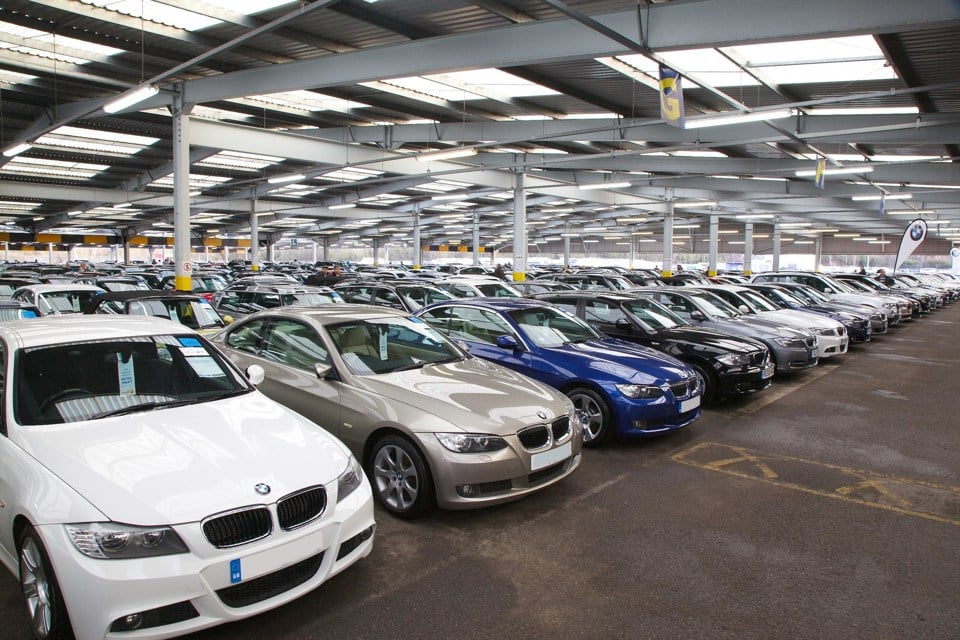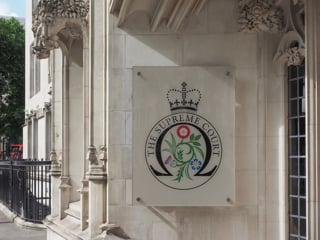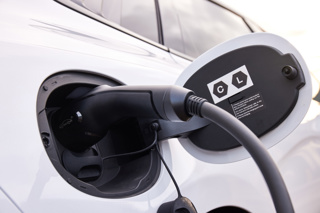Auto Trader's Retail Price Index has shown that the average retail value of used cars has increased by 3.5% compared to last year's levels, which were already 24% higher than in 2021.
This surge represents the largest year-on-year growth rate since November.
On a month-on-month basis, prices have risen by 0.3%, surpassing seasonal norms. In comparison, prices fell by 0.9% during the same period in 2019.
Notably, older vehicles aged ten years or more have seen the most significant growth, skyrocketing by a massive 9% year-on-year.
 Richard Walker, director of data and insight at Auto Trader, expressed a cautious but optimistic outlook for the coming months.
Richard Walker, director of data and insight at Auto Trader, expressed a cautious but optimistic outlook for the coming months.
"Although the economic backdrop is a concerning one, based on our metrics, the growing squeeze on household finances, which will be exacerbated by the latest rise in interest rates, is having a limited impact on car buying demand.
"Despite potential headwinds, our consumer research supports a cautious, but optimistic outlook for the months ahead. Cars are, for the vast majority of motorists, a fundamental need, as opposed to a discretionary luxury, so we believe the used car market will largely be shielded from wider economic disruptors.”
While consumer demand for electric vehicles remains strong, the rate of supply growth continues to outpace it, leading to a contraction in retail prices.
The current values for electric vehicles stand at £31,537, representing an 18.4% decrease compared to the previous year. However, there are signs of stabilization in the used electric vehicle market, with the rate of decline slowing compared to May's figures (-18.6%) and only slightly higher than the drop seen in April (-18.1%).
In contrast, prices for used petrol and diesel-fueled cars have increased by 5.8% and 5.4%, respectively, demonstrating their growing popularity.
The overall acceleration in price growth can be attributed to the overwhelming consumer demand, which is surpassing the available supply.
Auto Trader's data reveals that the volume of stock advertised on their platform is currently down by 4.5% compared to June 2022. Meanwhile, demand remains robust and significantly higher than pre-pandemic levels.
This is evident from the increased consumer engagement on Auto Trader, with cross-platform visits rising by 10% this month compared to the same period last year.
The robust consumer demand is translating into transactions, as sales this month have seen a 6% year-on-year increase.
With supply unable to meet demand, used cars are selling rapidly, taking an average of just 27 days to be sold. This is one day faster than in May and six days faster than the pre-pandemic period in 2019.
Despite prevailing economic uncertainty, Auto Trader's latest consumer research indicates that consumer demand for cars remains strong.
Survey results from in-market car buyers visiting Auto Trader in June show that 85% of respondents feel as confident about affording their next car as they did the previous year.
Furthermore, over three-quarters (77%) of visitors plan to purchase a car within the next six months, consistent with previous levels.
The research also reveals that the current financial squeeze has had little impact on the importance of car ownership.
Ninety-six percent of the 2,000 survey respondents stated that car ownership is important for their households, representing an increase from 95% last year.
Interestingly, for nearly half of the respondents (47%), car ownership has become even more important compared to 12 months ago, while 50% stated that it remained the same, and only 3% considered it less important.
Among younger buyers aged 17-34, car ownership has become more significant for over two-thirds (68%).
Factors contributing to this growth include recent disruptions in public transport.
Nearly half (46%) of the surveyed individuals stated that car ownership was important to them due to the unreliability of public transport, an increase from 34% two years ago.
With no resolution in sight for ongoing industrial actions affecting public transport, frustrations are expected to persist.
Although the recent increase in interest rates by the Bank of England has yet to affect car finance rates, Auto Trader's data reveals a significant rise in representative APRs on their marketplace in recent months.
The average representative APR for new cars has increased from 6% in May 2022 to 8.4% last month, reflecting a 2.4% year-on-year increase.
Similarly, the APR for used cars has risen from 9.6% to 11.4% over the same period, representing a 1.8% year-on-year increase.
Despite these increases, the impact has been limited, as the volume of car buyers using Auto Trader's car finance calculators has risen by 12% year-on-year and a remarkable 44% compared to pre-pandemic levels.























Login to comment
Comments
No comments have been made yet.